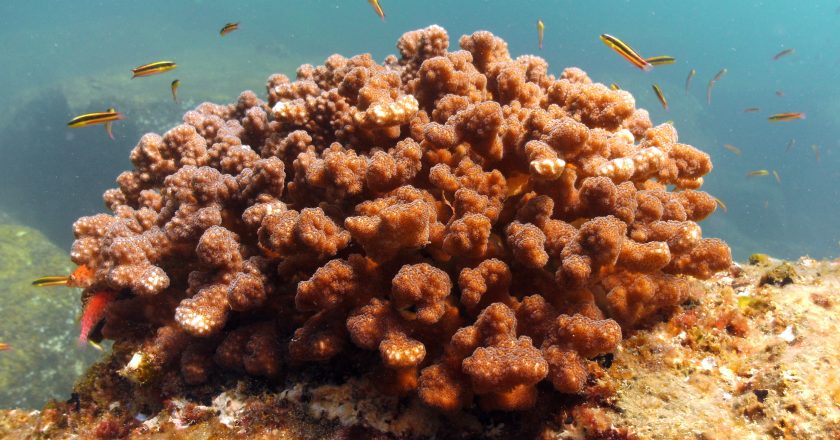Celebrating medical marvels
Medical documentaries are fascinating, informative and wide-reaching, but often toe a fine line between removing taboos around common conditions and reinforcing them. Programmes like 'Embarrassing Bodies' tread this line very carefully, encouraging public discussion around a wide variety of conditions and the removal of any associated embarrassment. There is no denying that increased awareness is a great thing and can only improve public health in general, but there is a danger of insensitively exhibiting patients to capitalise on natural viewer curiosity and provoke repulsion to keep viewing figures high.
Being unwell is a stressful time for anybody and handling medical cases with care and delicacy should always take priority over providing entertainment, even if they waive their righ...









